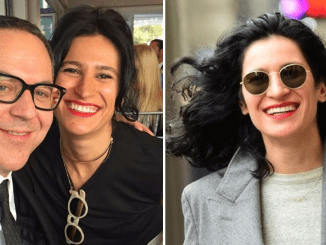
On Veterans Day, the Center for Security Forces Detachment North Island, traditionally known as SERE West, honored Jim Bedinger, a retired U.S. Navy commander and former prisoner of war.
Bedinger served in the U.S. Navy Reserve beginning in 1963, and earned his commission in 1967. He subsequently earned his wings as a naval flight officer in 1968.
During his naval service, Bedinger completed training as a radar intercept officer for the F4 Phantom II and the F14 Tomcat and served with several strike fighter squadrons. Later, he served at Naval Military Personnel Command, Joint Chief of Staff, and Naval Training Center San Diego.
Bedinger served during the Cold War and fought in the Vietnam War. During a mission, his Phantom jet was shot down. He had to eject and was captured by North Vietnamese forces. Bedinger spent 1,232 days as a prisoner of war in the infamous Hanoi Hilton, where he endured heinous conditions and torture before his eventual release.
Bedinger recently sat down for an interview to discuss his military service, his experience as a POW, and his advice to anyone interested in joining the military today.
Q: Could you tell us what a radar intercept officer was during that time?
Bedinger: As a radar intercept officer, you were there to help the pilot. You do missile intercept, bomb delivery, and other tactics to help the pilot.
Q: During the intense, stressful time, what was going through your mind before and when you ejected from your aircraft?
Bedinger: My first concern was. “We have to pull up.” I was concerned if we really had to eject or not, and I was waiting for the correct call to eject. The risk to survive was on my mind, thinking about it when my parachute opened.”
Q: How did you keep the faith?
Bedinger: I had a tripod, three great legs of resistance: faith in God, faith in my country, and faith in my family and friends, including my cellmates and fellow POW’s. That, in addition to the (military) Code of Conduct.
Q: Do you have any advice for anyone who wants to join the military?
Bedinger: Joining the military is not a career or a final decision, it’s the ability to use your skills to best succeed the most regardless of your beliefs, race, color, or creed, which mean nothing; it is about what you do and how you perform.


